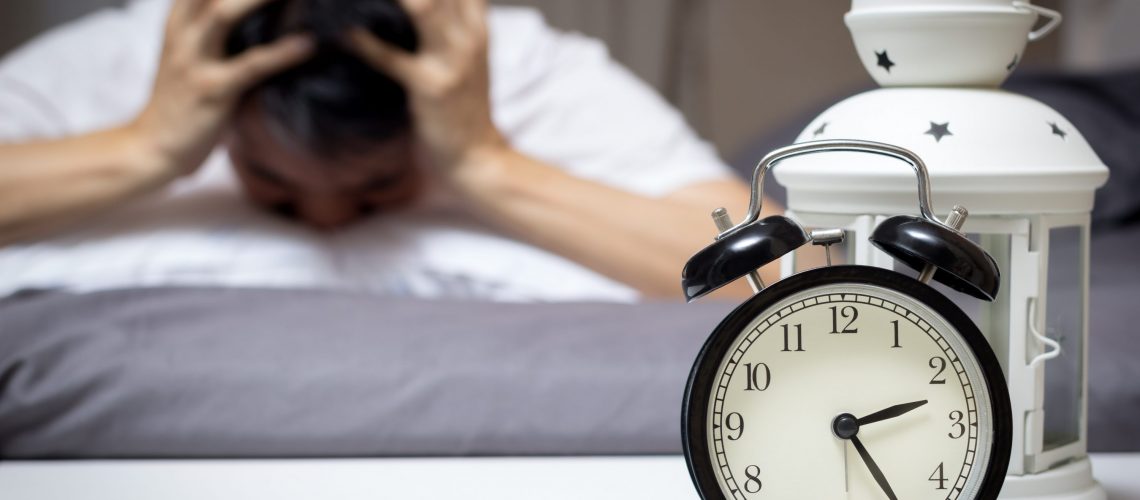Researchers have shown that losing just 16 minutes of sleep could have such a profound effect on stress levels that work performance and productivity could be affected negatively.
The study, carried out at the University of South Florida, is being used to encourage employees to reduce expectations on workers in a bid to promote better sleep. It looked at 130 individuals who worked in IT. They were asked questions about their sleep habits and how many hours and minutes they slept each night. They were also asked to rate if they had trouble concentrating, had worries or felt that they were unable to avoid certain thoughts – a sign of stress.
It was found that those adults who slept 16 fewer minutes than usual also reported worse quality of sleep and more cognitive issues – especially around focusing. This seemed to lead to a vicious cycle where the poor sleeper would feel stress due to low productivity at work, then go to bed earlier and wake earlier – thus adding to their fatigue.
Study leader Dr Soomi Lee added that the study came from her own observations of her sleep and work patterns. She hopes that employers could take note and that work practises such as overtime, taking work home, answering emails late at night and early bird meetings could be curtailed to improve the sleep patterns of workers.
This study is backed up by another carried out in 2016 that showed loss of productivity due to a lack of sleep cost the US economy $411 billion per year or 1.2 million work days. Not only that, but it was estimated by the RAND Corporation study that sleep deprivation increased the risk of mortality by 13%. This lack of productivity came from absenteeism and presenteeism (where workers show up for work but are low performers)
This study predicted that adding an extra hour sleep could add as much as $226.4 billion to the US economy. While the effects were most closely felt by the US, the international study indicated that the UK was losing as much as $50 billion or 200,000 lost workdays.
The RAND study also suggested that the employer design and build brighter workplaces where daytime naps were encouraged and to discourage the use of work devices after work hours. Individuals were advised to have consistent sleep hours.

